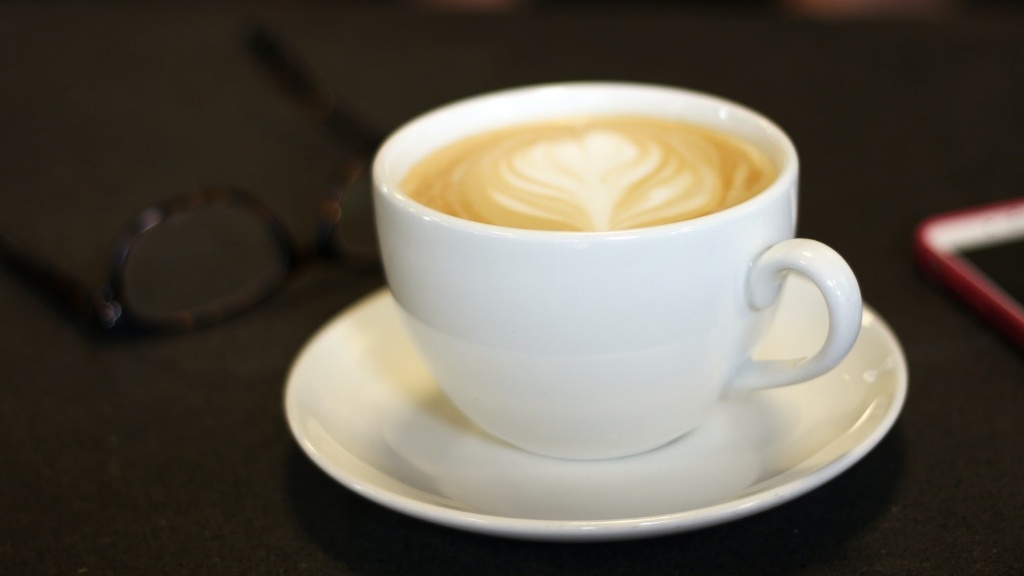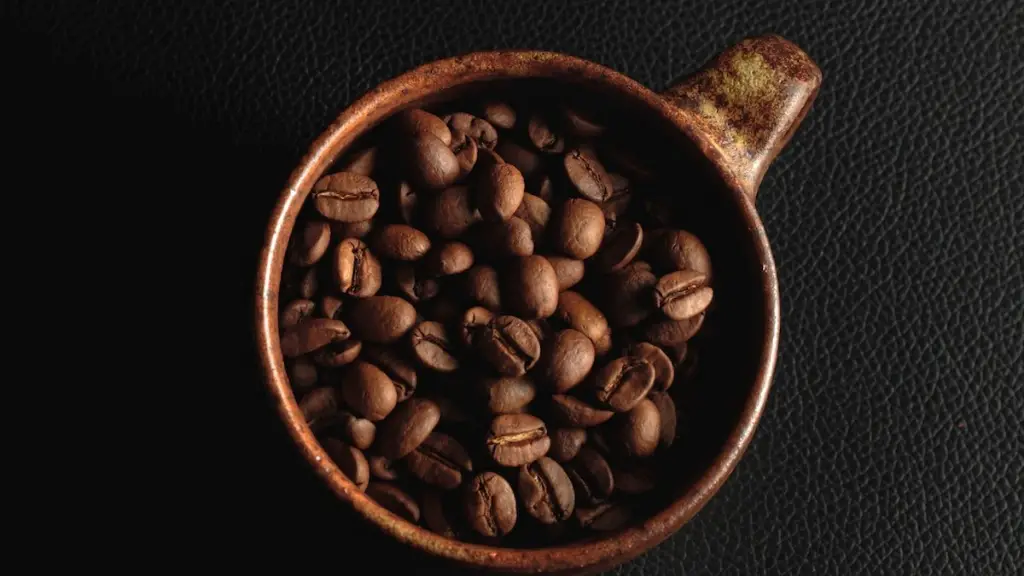Why you might want to drink decaf coffee at night
If you’re looking for a way to enjoy the flavor of your favorite coffee without the caffeine buzz, decaffeinated coffee may be the answer. Decaffeinated coffee is made by removing the caffeine from the beans using a variety of processes, allowing you to enjoy all the flavors of your favorite blends without the jolt of energy that can keep you up at night.
Decaffeinated coffee has a range of benefits, and can be an attractive option for people who love coffee but are looking to avoid the effects of caffeine. It has a milder flavor than regular coffee, which makes it great for those who want to enjoy the flavor without the intensity of the caffeine. Additionally, decaffeinated coffee typically contains less acidity, and is often easier to digest than regular coffee.
Decaffeinated coffee is safe to drink at any time of day, and can even be beneficial at night. Studies show that decaffeinated coffee can help to improve concentration, reduce fatigue, and make it easier to focus for longer periods of time. This can be especially useful for those who need to stay alert late at night, as the jolt of energy from caffeine can often work against them.
Decaffeinated coffee can also help curb late-night cravings. Caffeine can trigger hunger, and the lack of it can help you resist the urge to snack late at night. Drinking decaffeinated coffee can also help you relax after a long day and allow you to fall asleep easier.
Finally, drinking decaffeinated coffee can be a healthier alternative to regular coffee. Decaffeinated coffee contains less fat, calories and sugar compared to regular coffee, which makes it a great option for those looking to maintain a healthy diet.
Tips for drinking decaf coffee at night
If you’re looking to drink decaf coffee at night, there are a few tips and tricks to ensure you get the most out of your cup. First and foremost, it’s best to drink decaffeinated coffee at least two hours before bed to ensure it doesn’t disturb your circadian rhythm. It’s also important to be aware of the type of decaffeination process used, as this will affect the flavor and nutritional content of the coffee. Most coffees are decaffeinated using chemical solvents, such as methylene chloride, but many companies are now using the Swiss Water Process, which is a chemical-free decaffeination process.
When it comes to flavor, decaf coffee can sometimes be bland, so it’s important to choose a roast that you love. If you prefer a stronger flavor, look for a darker roast, as this will have more intense, smoky flavors. You may also want to experiment with different methods of brewing, such as French press or pour over, to get the best flavor possible.
Pros and Cons of Drinking Decaf at Night
Drinking decaffeinated coffee at night can offer many benefits, such as improved concentration, reduced fatigue and relaxed muscles, but there are some drawbacks to be aware of as well. Consuming decaf coffee too close to bedtime can make it more difficult to fall asleep, as the stimulation of hot drinks can be disruptive to your sleep cycle. As with regular coffee, it’s also possible to consume too much decaffeinated coffee, which can lead to dehydration and caffeine withdrawal symptoms such as headaches.
Experts’ Perspective
Experts have mixed opinions when it comes to drinking decaffeinated coffee at night. Some experts recommend avoiding coffee altogether in the evening, as caffeine can affect your circadian rhythm and make it harder to fall asleep. However, other experts believe that drinking decaffeinated coffee can be a healthy alternative to regular coffee, and can help improve focus and reduce fatigue without disrupting sleep.
Dr. Emily Laine, a sleep expert at the University of California, Irvine, recommends limiting coffee consumption to early evening, as it is most beneficial when consumed during the body’s natural energy cycle. She also suggests avoiding coffee after 7PM, as this can make it harder to fall asleep and disrupt the quality of your rest. However, she does note that decaffeinated coffee can be a healthier option than regular coffee, as it does not contain the stimulant effects of caffeine.
My Analysis
From my personal experience, I have found that drinking decaffeinated coffee at night can help me maintain my focus and alertness, while also helping to reduce late night cravings. When I drink decaffeinated coffee in the late evening, I typically find that I’m able to stay up a bit later, while being able to focus better and maintain my energy levels. Additionally, I often find that drinking decaffeinated coffee instead of regular coffee helps me to avoid the harsh caffeine crash.
That being said, I believe that it’s important to be mindful of the amount of decaffeinated coffee you’re drinking, and to make sure to drink it at least two hours before bed in order to get the most out of it without having a negative impact on your sleep cycle. I’ve found that drinking decaffeinated coffee close to bedtime can make it harder for me to fall asleep and seem to decrease the quality of my sleep, so I aim not to drink it too late in the evening.
Alternatives to Decaf Coffee at Night
If you’re looking for an alternative to decaffeinated coffee late at night, there are a few options. Warm milk is often touted as a great sleep aid, as it can help to relax the body and soothe you into a restful night’s sleep. Herbal teas can also be a great option, as they are decaffeinated and typically contain calming herbs, such as chamomile, that can help you to relax. Additionally, herbal teas can be very flavorful and provide a warming sensation that can help to induce feelings of calm.
If you’re looking to switch up your late-night beverage, there are plenty of options. Experimenting with different beverages can help you to find one that suits your tastes and meets your needs, allowing you to relax and wind down after a long day.
Precautions of Drinking Decaf at Night
When it comes to drinking decaffeinated coffee late at night, it is important to take precautions to ensure that it does not interfere with your sleep cycle. Avoid drinking decaffeinated coffee too close to bedtime, as it can have a stimulating effect that can make it harder to fall asleep. Additionally, drinking too much decaffeinated coffee can lead to dehydration, as it still contains a small amount of caffeine. Make sure to stay hydrated and be mindful of how much you’re drinking to ensure that it doesn’t have a negative impact on your sleep.
It’s also important to be mindful of the ingredients in decaffeinated coffee and to avoid any brands that use chemical solvents to decaffeinate their beans. Look for brands that use the Swiss Water Process or CO2 processes, as these are chemical-free methods of decaffeination and can provide a better cup of coffee.
Conclusion
Drinking decaffeinated coffee at night can have many benefits, including improved concentration, reduced fatigue and decreased hunger cravings. However, it is important to take precautions when drinking decaffeinated coffee late at night, as it can still have a stimulating effect and can interfere with your sleep cycle if consumed too close to bedtime. Additionally, make sure to read labels to ensure that you are drinking decaffeinated coffee made with chemical-free processes. When consumed in moderation and at the right time, decaffeinated coffee can be a great way to relax and maintain alertness late at night.



